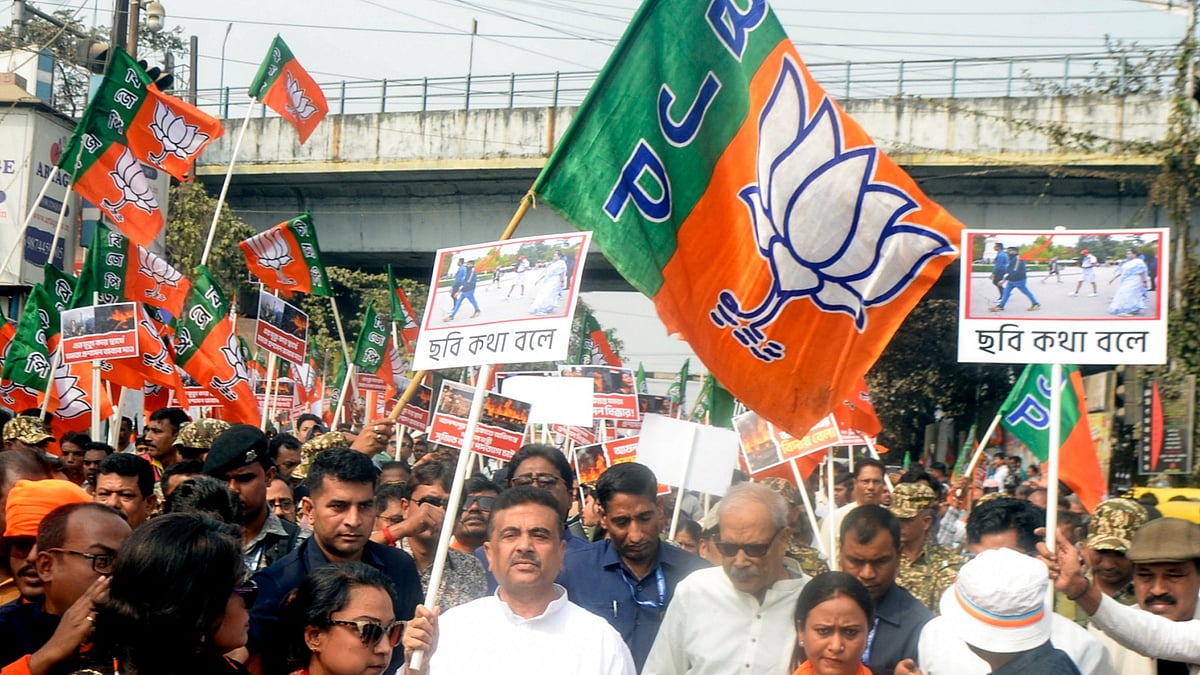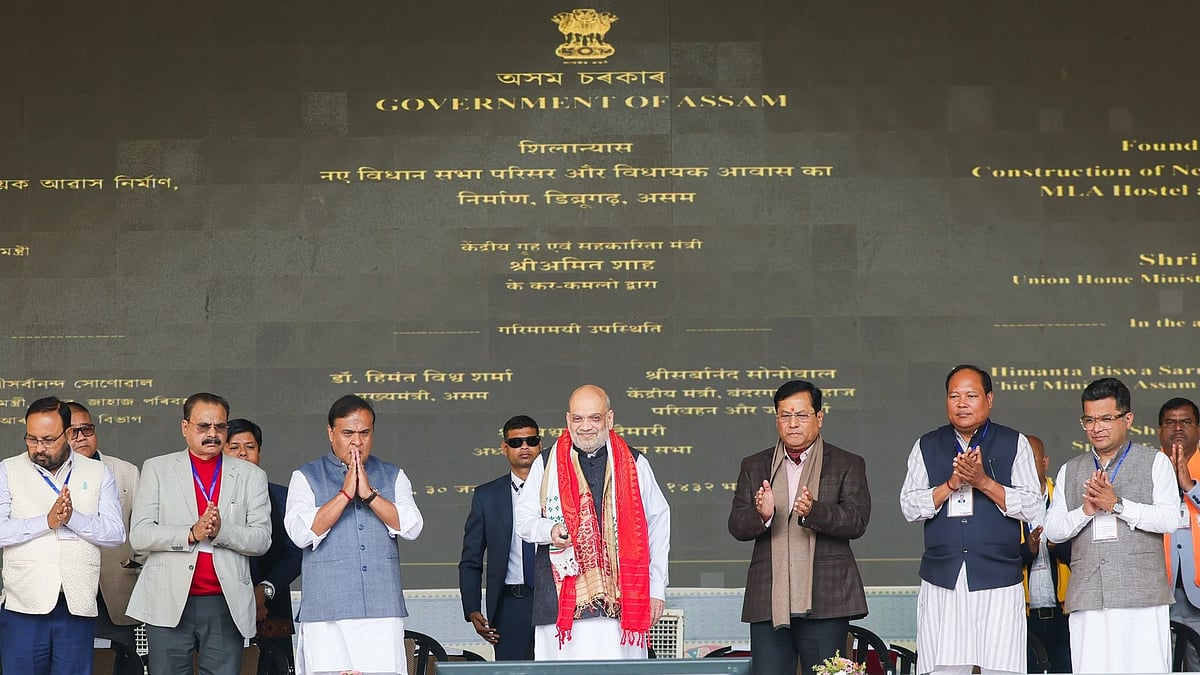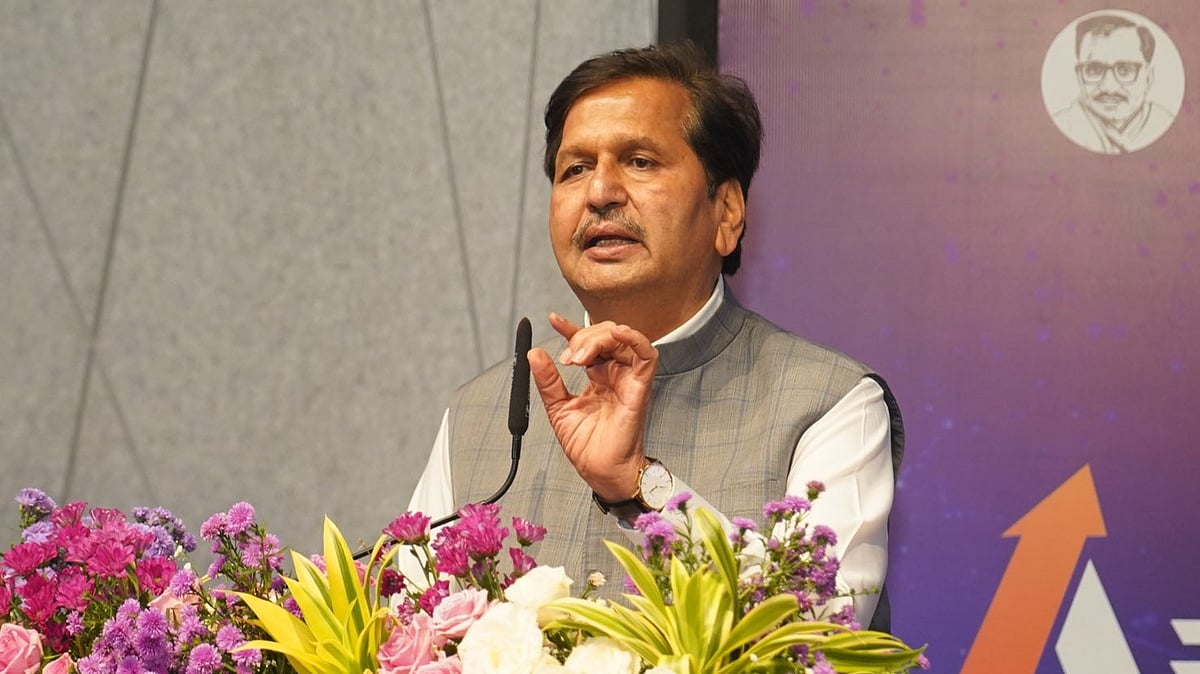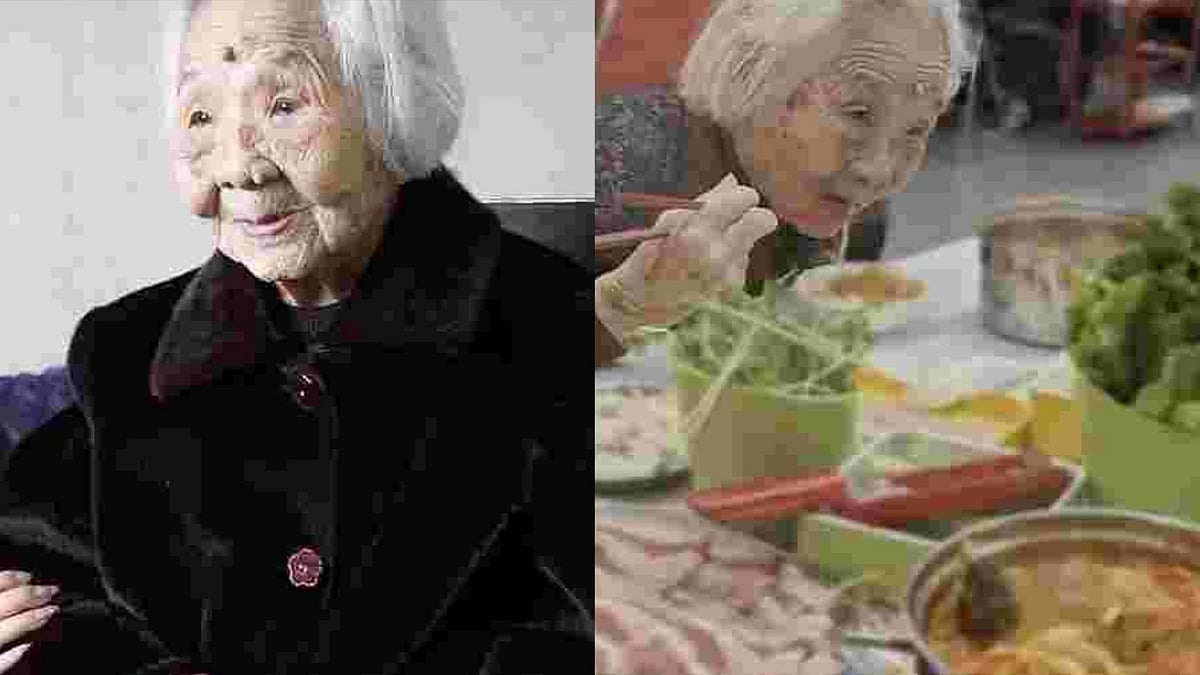COVID-19 has impacted every facet of our life, and the Philips India Sleep Survey 2021 released ahead of World Sleep Day earlier in March revealed that sleep health is no exception. According to the survey, 67% of Indian adults noted that they are completely or somewhat satisfied with their sleep, and 25% say they are somewhat or entirely dissatisfied. It found that even though 54% of Indian adults reported that the amount of time spent fully asleep has increased since the start of the COVID-19 pandemic; 61% of the 18-34-year-olds had an increase in sleep compared to 41% of 50-64-year-olds and 35% of 65+ year-olds. However, since COVID-19 started, many Indian adults reported new sleep challenges such as difficulty falling asleep (37%), difficulty staying asleep (27%), and waking up during the night (39%).
Grinding schedule
The survey found that Indian adults reported that the COVID-19 pandemic negatively impacted work routine (43%), sleep routine (41%), ability to sleep well (36%), stress (50%), physical health (35%) and mental/emotional health (47%). Delhi-based Archna Mamgain couldn't agree more with these findings. Mamgain felt like a hamster wheel during the lockdown months, and as expected, the first casualty of non-stop WFH schedule — spent working at home, for office and then taking care of her nine-year-old son's home-schooling — was her sleep.

“The pandemic scenario, which led to a lockdown and spending 24 hours a day at home, has wreaked havoc on my sleep routine. Sleep patterns have gone for a toss. With bare minimum support at home and the constant struggles to finish things on time kept me awake when it was logically time to sleep and rest,” she says.
Mamgain’s sleep patterns that include her schedule of bedtime and wake-up time as well as nap behaviour, plus time and duration of sleep interruptions went haywire during the lockdown. She blames it on the anxiety, stress and workloads for a WFH professional. “WFH ruined these precious hours of rest. Now, most of us have turned into nocturnal beings walking around our homes like zombies. Sleep-deprived, mentally, physically and emotionally challenged,” says the academic counsellor for IGNOU.
Early to bed, early to rise?
Benjamin Franklin, who postulated that “early to bed and early to rise makes a man healthy, wealthy, and wise” may be true in some measure because it hints at a sleep routine with a fixed bedtime and waking up time, and that itself is the first step to sleep care as it takes care of one’s sleep health. Dr Inder Mohan Chugh, Director, Pulmonology and Sleep Disorders, Max Super Speciality Hospital, Shalimar Bagh, New Delhi, adds to it and says, “Sleep care are steps every individual must take to ensure healthy sleep. Maintaining similar bedtime and wake time is one of the essential steps towards it. Sleep health concerns with all aspects of sleep like sleep quantity and quality whether an individual is getting enough sleep, like light sleep, deep sleep, and dream sleep to determine the pattern and take measures to fix the irregularities if there are aberrations.”
Dr Anshu Punjabi, Consultant-Pulmonologist & Sleep Medicine Expert, Fortis Hospital, Mulund, Mumbai, further explains that sleep hygiene refers to habits that support quality sleep and include lifestyle and dietary habits that align with the body’s natural rhythms.

On the steps to be followed for proper sleep hygiene, she advises, “One should maintain a proper sleep schedule and ensure that the bedroom is quiet, dark, relaxing, and at a comfortable temperature. Electronic devices, such as TVs, computers, and smartphones, shouldn’t be kept anywhere near your bed or in the bedroom. Avoid large meals, caffeine, and alcohol before bedtime. Try and listen to some soothing music, unwind, read a book, and get some exercise.” These sleep habits can help improve sleep and overall well-being, she feels. She warns that poor sleep hygiene over a long period can lead to sleep disorders, such as insomnia.
Sleep smart
The survey highlighted how the unprecedented events made it difficult for people to put aside their phones. It revealed that 53% of Indian adults said that the last thing they do before falling asleep is to take a look at their phone while 54% looked at their phone as soon as they wake up in the morning. Of those (53%) that said their phone is the last thing they look at before falling asleep at night, 81% said this leads them to fall asleep later than they would like to.

Of those that said their phone is the last thing they look at before falling asleep at night, during that time — 80% are scrolling through social media; 78% are watching videos; 63% are checking email; 58% are sending/receiving text messages; 53% are setting their alarms; 50% are looking at pictures; 46% are reading news not related to the pandemic or politics; 43% are reading news about the COVID-19 pandemic and 39% are reading political news. Dr Punjabi highlights the common sleep disorders as Insomnia, Sleep Apnea, Narcolepsy, REM Sleep Behavior Disorder, Restless Leg Syndrome, Metabolic Syndrome, sleepwalking, and sleep talking.
Dr Chugh suggests that common sleep disorders lead to poor sleep quantity and quality. “Talk to your doctor about sleep health, if you have any signs of sleep issues doctor will recommend a sleep study. There are various sleep studies and the appropriate sleep study based on one’s symptom will be recommended,” he advises.
Many common sleep problems can be taken care through behavioural treatments and increased attention to proper sleep hygiene but if the healthcare provider suspects that a person has a sleep disorder, he or she may refer the patient to a sleep disorder clinic.
“A sleep specialist will review the symptoms and may suggest a sleep study. Sleep study is a test that electronically transmits and records specific physical activities while a person is asleep. A sleep study can be done at home for select patients but is mostly done by sleep technicians at a sleep lab. The data retrieved from these recordings help the qualified healthcare provider analyse the sleep health and take corrective measures,” says Dr Punjabi.
Sleep language
Explaining the terms for a layman, Dr Chugh says, “Sleep technicians play a crucial role in performing the sleep study. They conduct the studies for patients who are recommended the sleep study and also analyse the raw signals derived from the sleep study. Sleep labs are designated places to conduct sleep study and titrate therapies for sleep disorders. One of the main requirements of sleep labs is to have a homely feeling so patients will be able to mimic their home sleep pattern.”
The survey found that 44% of Indian adults either currently use or have used sleep trackers to improve their sleep; 60% of Indian adults say they have used or are willing to use telehealth for sleep-related concerns and 55% of Indian adults who have used a telehealth program/talked to a healthcare specialist online about sleep-related concerns did so for the first time during the COVID-19 pandemic.
Today awareness of sleep health has improved significantly both among physicians and the public still it is low, tells Dr Punjabi. Sleep associations are spreading awareness amongst doctors and the public for good sleep health, but a lot more needs to be done, feels Dr Chugh. “Good sleep is absolutely essential for good health. Sleep labs, sleep doctors and sleep technicians need to be standardized. The sad part is sleep studies and sleep medicine treatment is not covered by medicare insurance companies and patients have to pay from their pockets,” he rues.
(Every year, April 7 is celebrated as World Health Day to spread awareness about quality living and the importance of health.)









